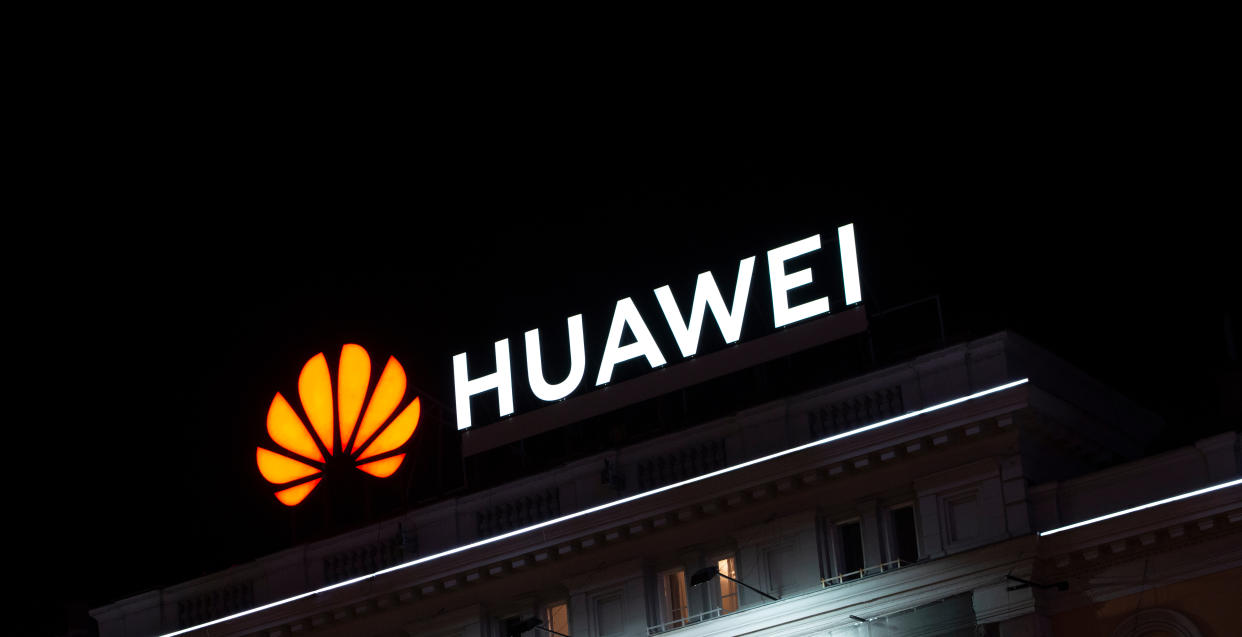Huawei gains 11% in a down year for Chinese PC sales — Dell loses 44% market share

Even as the US sanctions against China are affecting many large company in the tech industry, China remains an important retail market for PC manufacturers. The country has accounted for a large volume of sales over the years. 2023 reflects the changing landscape, as Huawei was the only PC maker that gained market share in the region, while others faced significant year-on-year losses with Dell being affected the most.
Research experts at Canalys report that Dell was the biggest loser in last year's Chinese PC hardware sales with a 44% fall, followed by Asus with a 28% decline. Lenovo, which enjoys the highest number of PC sales in China, had a 19% year-on-year drop, and HP also showed a minor loss in sales. Huawei was the one exception, selling 3.985 million PCs, resulting in 11% growth throughout 2023 and overtaking Dell for total PC units sold in 2023 (including both laptops and desktops).
The overall PC hardware market in China suffered a 17% decline in sales in 2023 compared to the previous year. Despite a loss in sales, Canalys analysts are confident this year will bring some respite despite challenges due to the country's plans with domestic AI. Furthermore, in its more recent reports, the research agency projects a 3% growth during 2024, and expects 2025 will have a significant 10% further boost.
"2024 is expected to bring modest relief to a struggling PC market in China, but a challenging environment will remain," said Canalys Analyst Emma Xu. "Ongoing economic structural adjustments are a key priority as the government seeks new avenues for economic growth, with a core focus on technology-driven innovation. AI emerged as a central theme during the latest ‘Two Sessions’ in China, with enthusiasm for AI spanning commercial entities and government initiatives to establish a domestic AI ecosystem across industries. Significant opportunities for the PC industry are set to arise from this commercial push, especially as it coincides with the upcoming device refresh and the emergence of AI-capable PCs."
While that sounds optimistic, relying on AI as a factor to recover the loss in sales might not be applicable for all companies. As an example, Nvidia created the A800 exclusively for China, but later U.S. sanctions restricted sales of the GPU. HP pivoted to try and sell the A800 in other markets. Many of the U.S. sanctions are specifically aimed at limiting access to AI-related technology in China, so while AI might be a hot talking point for business in general, sanctions could restrict sales of AI PCs.
The State of the Chinese PC Market
China has been actively pursuing and switching to domestic solutions, and the company recently banned the use of AMD and Intel chips in its government. In its place, locally made CPUs like Zhaoxin and Loongson will need to pick up the slack. PC hardware isn't the only area where China plans to be self-reliant, as it plans to replace Windows PCs and Android smartphones and tablets with locally grown solutions.
Huawei is switching to HarmonyOS for smartphones and tablets, and China will continue to work toward a complete transition away from western technology and operating systems. However, the consumer PC market will be much harder to move away from otherwise global solution, in terms of hardware and software.
The situation between the U.S. and China can change, of course, perhaps sooner than later. Regardless, many companies have already started transitioning manufacturing and assembly operations out of China. Earlier, reports circulated that Dell intends to cut all ties with China by 2027. While Dell's yearly loss in sales is significant, it likely aligns with the rumored exit plans. One can't help but wonder if other brands will follow suit, including companies like Lenovo and HP. Those two have exclusive Made-in-China PCs that enjoy sales in other countries, and which are now subject to multiple import sanctions.

